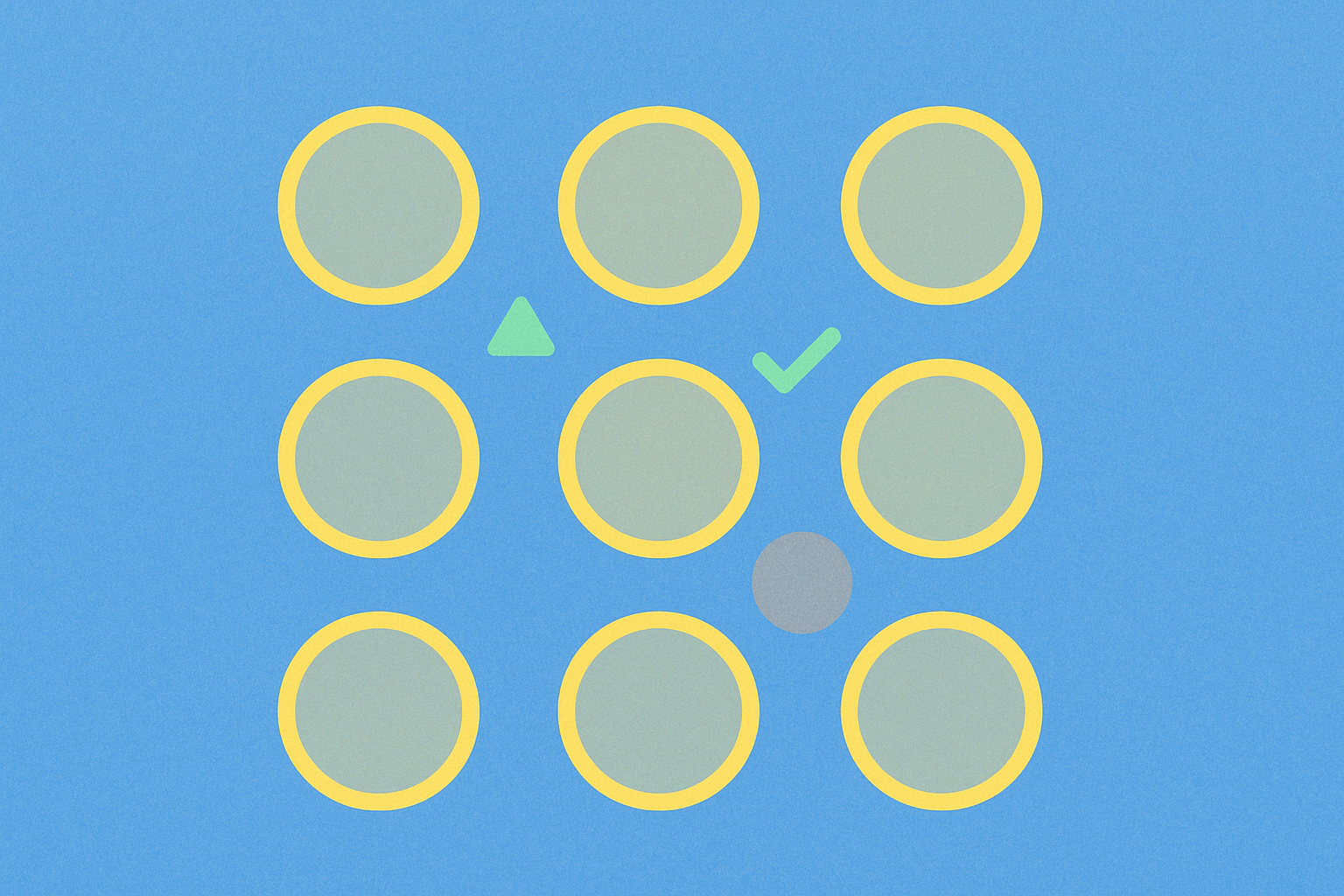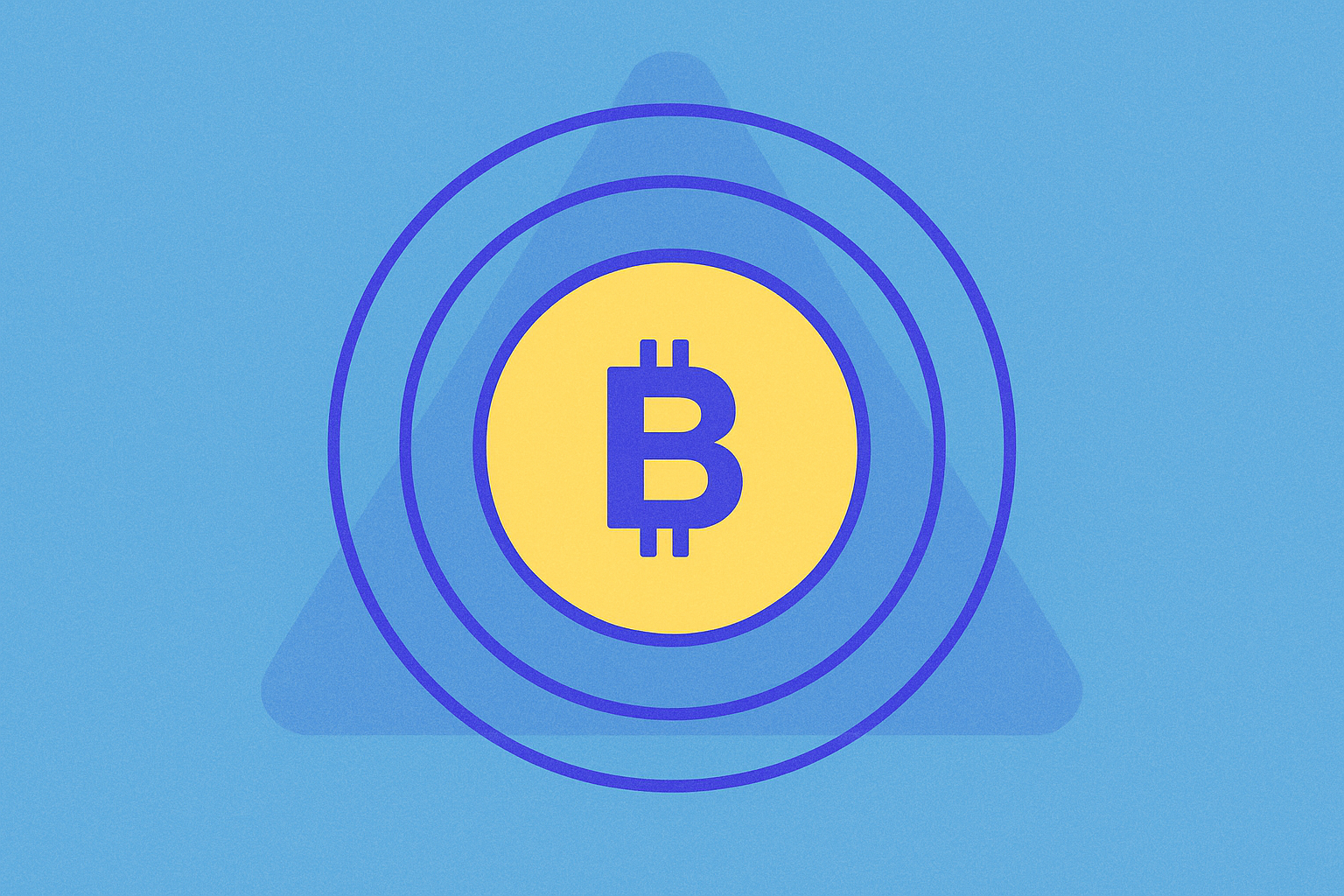Avustralya'da bir ev almak için emeklilik tasarruflarımı kullanabilir miyim?


Avustralya'da Süperannuation Nedir?
Emeklilik (veya "super"), Avustralyalıların emekliliklerini finanse etmelerine yardımcı olmak için tasarlanmış zorunlu bir tasarruf sistemidir. İşverenler, gelirinizin belirli bir yüzdesini (şu anda %11) seçtiğiniz süper fonunuza. Bu para yatırılır ve zamanla büyür, genellikle emeklilik döneminde en büyük varlıklarınızdan biri haline gelir.
Super, belirli bir seviyeye ulaşana kadar korunur.koruma yaşı, bu da demek oluyor ki, genellikle emeklilikten önce sınırlı durumlar dışında erişim sağlayamazsınız.
Super ile Ev Almak
1. Koruma Yaşına Ulaştığınızda
- Eğer siz60 yaşında ve emekli, veya 65 yaşında ve hâlâ çalışıyor, emeklilik fonunuzu yasal olarak çekebilirsiniz.
- Bu, süper bakiyenizi alıp bunu kullanabileceğiniz anlamına geliyor.bir evi peşin almak veya bir mevduatı finanse et.
- Esasen, korunma yaşından sonra, emeklilik tasarruflarınız normal tasarruflar gibi erişilebilir hale gelir.
2. İlk Ev Süper Tasarruf Planı (FHSSS)
İlk evini satın alanlar için hükümet, FHSSS aracılığıyla bazı gönüllü katkılara erken erişime izin vermektedir:
- Para çekebilirsiniz50.000 $'a kadargönüllü katkılar (artı kazançlar)
- Bu para sizin için gidebilirilk ev depozitosu.
- Not: İşveren katkıları ve zorunlu emeklilik bu sistemde yer almamaktadır.
3. Kendi Yönetimli Süper Fon (SMSF)
Alternatif, bir kurulum yapmaktır.SMSFmülk yatırımı yapmak. Kurallar şunlardır:
- Mülk bir olmalıdıryatırım mülkü, içinde yaşadığın değil.
- SMSF gayrimenkul yatırımları şunları karşılamalıdırsıkı düzenlemelerATO tarafından belirlenen.
- Bu yol, isteyenler için uygundurgayrimenkul piyasalarına maruz kalmaemeklilik büyümesini korurken.
Emekli maaşımdan $10,000 çekebilir miyim?
Evet, ama sadece altında katı koşullar. Erken erişim kuralları şu tarihlerde para çekmeye izin verir:
- Aşırı mali zorluk
- Şefkatli nedenler (örneğin, tıbbi masraflar, ipotek stresi)
Bu kriterlerin dışında, genellikle $10,000 çekilemiyorkoruma yaşına ulaşmadan veya FHSSS planını kullanmadan önce.
Evinizi Satın Almak İçin Süper Kullanmanın Artıları ve Eksileri
Artıları:
- Bir eve daha erken erişim sağlayabilir.
- Kendi emeklilik tasarruflarınızı kullanır.
- FHSSS, ilk kez konut alanların vergi avantajları ile tasarruf etmelerine yardımcı olur.
Eksiler:
- Emeklilik bakiyesini önemli ölçüde azaltır.
- Sıkı uygunluk ve vergi kuralları geçerlidir.
- Konut için süper kullanmak, uzun vadeli zenginlik büyümesini sınırlayabilir.
Sonuç
Yani, süper gücünüzle bir ev satın alabilir misiniz?
Evet — ama yalnızca belirli koşullar altında.
Eğer sen ...koruma yaşına ulaştı, mülk alımını finanse etmek için bakiyenizi serbestçe çekebilirsiniz.
Eğer daha gençseniz, İlk Ev Süper Tasarruf Planıilk ev alıcıları için bir yol sunuyor, ancak SMSF'lermülk yatırımı için izin verin (kişisel yaşam için değil).
Her zaman faydaları karşılaştırınuzun vadeli etkiemeklilik tasarruflarınız hakkında bir karar vermeden önce.
SSS
1. Süperimi ilk evimi almak için kullanabilir miyim?
Evet, altında İlk Ev Süper Tasarruf Programı, kadar $50,000gönüllü katkıların bir mevduat için çekilebileceği.
2. 60 yaşında süperime erişebilir miyim?
Evet, emekliyseniz. 65, istihdam durumundan bağımsız olarak ona erişebilirsiniz.
3. Süperimi bir yatırım mülkü satın almak için kullanabilir miyim?
Evet, bir aracılığıyla Kendi Yönetimli Süper Fon (SMSF), ama kişisel kullanım için değil.
4. Bugün emeklilik fonumdan 10.000 $ çekebilir miyim?
Sadece altındakatı zorluk veya merhametli koşullar, aksi takdirde korunma yaşına ulaşmadıysanız.
5. Süper ile ev almak iyi bir fikir mi?
Mülk erişimine yardımcı olabilir, ancak bu emeklilik tasarruflarını azaltır. Finansal tavsiye şiddetle önerilmektedir.

Gümüş Fiyatı Tahmini 2025–2030

Ticarette Duygu Nedir? Pazar Hareketlerini Nasıl Şekillendirir?

Bitcoin fiyatı CAD: 2025'te Kanadalı yatırımcılar için mevcut trendler

Bitcoin Fiyatı AUD'da: 2025 Pazar Analizi Avustralyalı Yatırımcılar için

Bitcoin Fiyatı Birleşik Krallık'ta: 2025 için Piyasa Trendleri ve Yatırım Stratejileri

Bitcoin Fiyatı AUD: 2025 Analizi Avustralyalı Yatırımcılar için

Blokzincir teknolojisiyle ilgilenen yeni kullanıcılar için en uygun kripto para havuz madenciliği seçenekleri

Verimli Kripto Para Madenciliği için En İyi ASIC Cihazları

Bitcoin Proof of Work Konsensüs Mekanizmasının İşleyişini Anlamak

Ethereum Gas Maliyetlerini Anlamak ve Bunları Nasıl Azaltabileceğinizi Öğrenmek

ERC-20'yi Anlamak: Token Standartlarına Kapsamlı Bir Rehber





